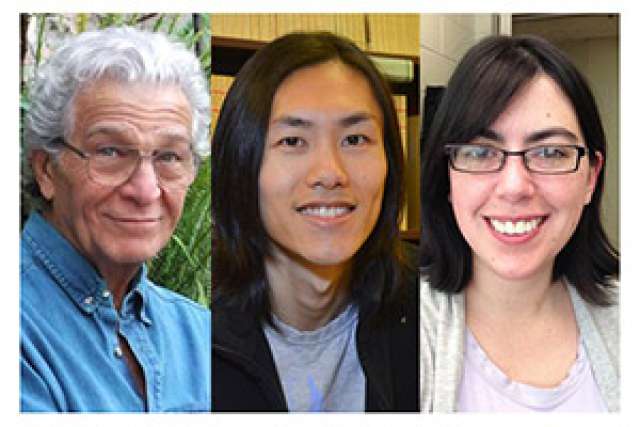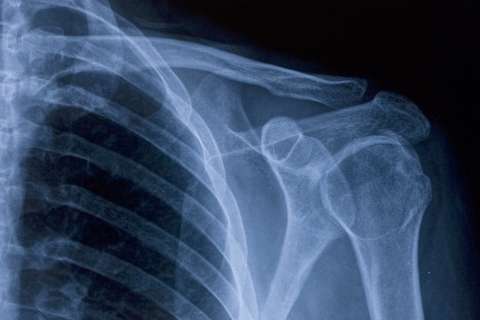UCLA researchers have developed a software program that simulates the response of the human thyroid hormone regulation system to a variety of treatments and diseases. The open-source program, Thyrosim, can be used by clinicians, researchers and educators to accurately gauge the impacts of thyroid treatments and to develop more effective remedies for thyroid problems.
The research appears on the cover of the peer-reviewed journal Thyroid.
Principal investigator Joseph DiStefano III, a distinguished professor of computer science and medicine and chair of the UCLA Computational and Systems Biology Interdepartmental Program, developed the technology based on 50 years of research with his students.
"Thyrosim offers an easy-to-use interface for a sophisticated mathematical model of the short-term and long-term impact of thyroid diseases, treatments, hormone supplements and other interventions," DiStefano said. “This will benefit clinical and research endocrinologists and teachers, and could result in positive changes in the use or regulation of available remedies.”
The thyroid gland, located in the front of the neck, is the largest regulator of hormones in the human body. Thyroid hormones control growth, development and metabolism. Maladies associated with abnormal thyroid function include hypothyroidism, or underproduction of hormones; hyperthyroidism, or overproduction of hormones; Graves’ disease, an autoimmune form of hyperthyroidism; and thyroid cancer.
The Thyrosim program works on all common browsers. Researchers and clinicians can enter data — on shifts in the body’s hormonal production or absorption rates, or changes in the dosages of hormone treatments — with the user-friendly animated interface. Thyrosim software, which relies on a mathematical model based on comprehensive clinical data, then simulates likely responses.
The system can examine multiple sets of data at the same time for comparative analysis. It can also project the long-term impacts — up to 100 days — of individual treatment programs. Because Thyrosim is open source, researchers can adapt it for their own projects.
In testing the system, researchers analyzed the impact of several over-the-counter thyroid supplements. Their findings suggest that use of some of these products could increase the presence of hormones in blood to toxic levels — potentially causing serious harm.
Simon Han, the lead author on the paper and a former graduate student researcher in DiStefano’s Biocybernetics Laboratory, said the system is designed for teachers, researchers and clinicians.
“Components of Thyrosim are distributed over two computers: the client-user machine accessible via a Web browser, and a remote server at UCLA where the simulation computations are run,” said Han, who is now doctoral candidate in bioengineering and radiology at UCLA. “By making the open-source software fully accessible, we hope to encourage others to improve it or expand its use.”
The research team also included Marisa Eisenberg, an assistant professor of epidemiology and mathematics at the University of Michigan, Ann Arbor, who earned bachelor’s, master’s and doctoral degrees from UCLA; and Dr. P. Reed Larsen, professor of medicine at Harvard Medical School.



